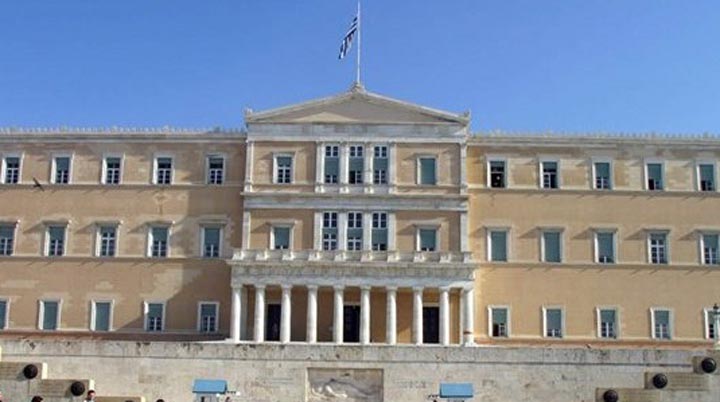Athens indicated the legal and political sides of the Centennial

The preparations for the Centennial of the Armenian Genocide have kicked off this year. It’s clear that there will be several events to be held until the end of this year, including commemoration ceremonies, publications, exhibitions and advocacy campaigns. The event that took place within the Parliament of Greece is of legal and political significance.
True, Switzerland, Slovakia and France gave the green light to make efforts aimed at criminalizing denial of the Armenian Genocide. Nevertheless, in the first case, the procedure of denial-criminalization-complaint and reapplying moved the issue to a tug-of-war, while in Paris the spin from the Senate to the Parliament and then from the Parliament to the Senate and then the Constitutional Court froze the procedure of criminalization. In this sense, the Greek Parliament’s September 9 vote doesn’t leave any more room for suspension or spins.
Of course, the decision or condemnation of denial doesn’t only concern the Armenian Genocide. They are the ratified laws on denying the crimes against humanity, among which is the Armenian Genocide. Here is where exclusion is seen, unlike France’s double standards. The fact that the denial of the Jewish Holocaust is criminalized in France, but the denial of the Armenian Genocide is called into question. It was in this scope when the European Court of Human Rights, paying heed to Perincek’s lawsuit, objected that there is no general agreement on recognition of the Armenian Genocide. The European Court of Human Rights is a European organization, and Europe came to terms on this issue with its Parliament in 1987.
Now, it seems as though the strategy that the Armenian National Committee of Europe and the Armenian National Committees have adopted to make denial criminalized in Europe is in progress in phases. This is the point that concerns Ankara the most. It’s true that any resolution without legal force is of great political significance. After all, it is the recognition and condemnation of one country of the Genocide. However, if the resolution has not entered into legal force, it can be denied the same day in the territory of the country that has recognized and condemned it. Indeed, this is not the only advantage of criminalization of denial.
The problem is with moving the issue to the legal field. By saying legal field, we must understand not only the restoration of the right to not deny, but also the legal reparations for all the consequences in relation to the Genocide.
Greece’s decision is an important indicator of the legal and political nature of our efforts ahead of the Centennial as a successful start. This is a reminder that if the denier must compensate, then the modern-day country responsible for the Genocide being denied must compensate for the elimination of all the consequences of the crimes that its ancestors have perpetrated, be it the consequences in terms of individuals, property, churches or territories.
Athens indicated the legal and political sides in the efforts ahead of the Centennial.
Shahan Kantaharian
Editor-in-Chief of Aztag Daily




 Արևելահայերեն
Արևելահայերեն Արևմտահայերեն
Արևմտահայերեն Русский
Русский






